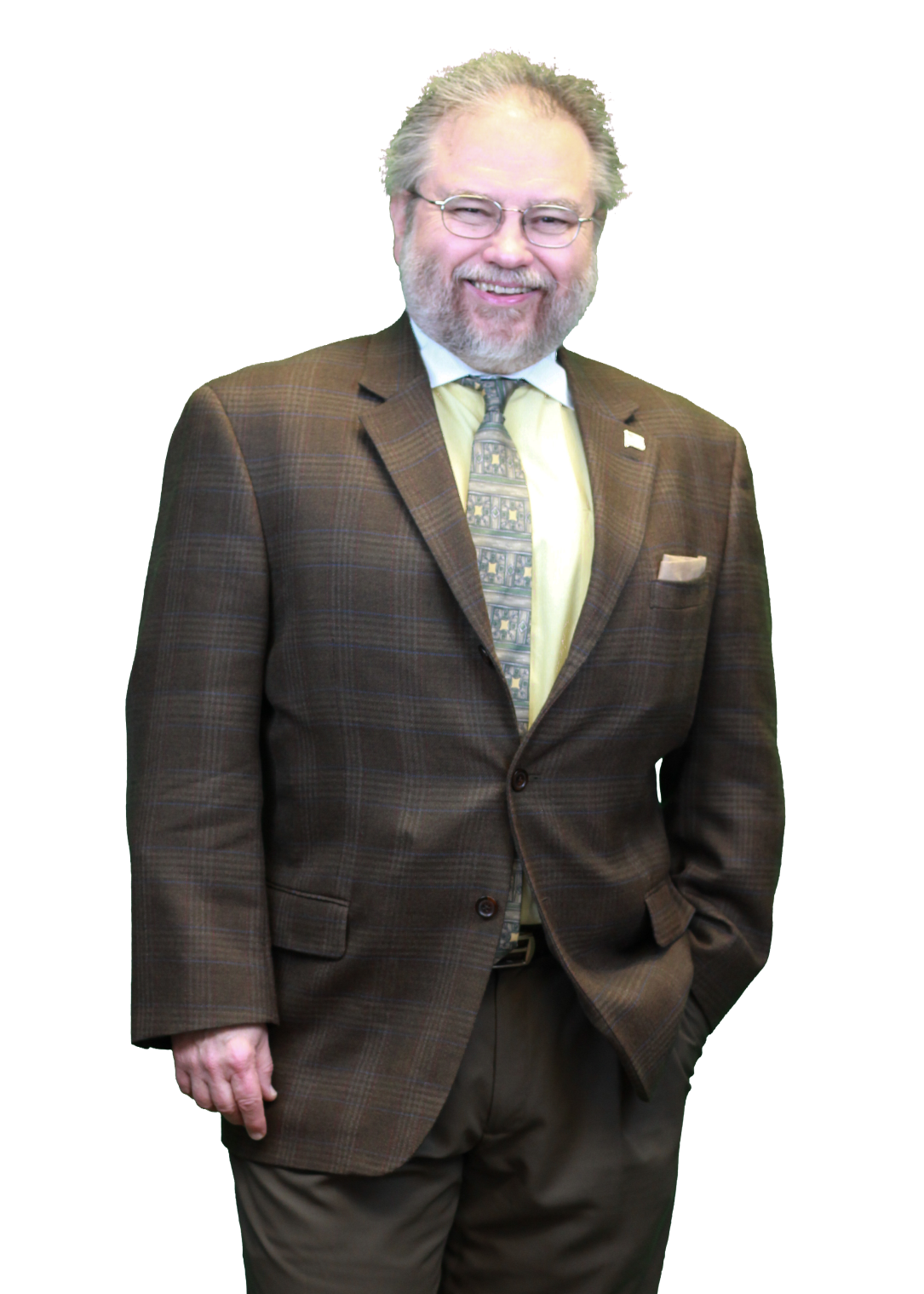TPA Practice & the Unauthorized Practice of Law
In an 18-page report that could have far-reaching implications in the workers’ compensation arena, the Ohio Supreme Court’s Board of Commissioners on the Unauthorized Practice of Law issued a final report on Tuesday, May 18, 2004 recommending to the full Supreme Court that third party administration firms (TPA’s) be significantly restricted in their abilities to represent employers before the Ohio Bureau of Workers’ Compensation (BWC) and its sister agency, the Industrial Commission of Ohio (IC). Before discussing the report further, it is important to note that while the decision will likely impact many employers in Ohio for the reasons listed below, it should have no adverse effect on clients of Ross, Brittain & Schonberg.By way of history, on April 15, 2002, the Cleveland Bar Association filed suit against CompManagement, Inc., or CMI, a traditional workers’ compensation third party administration firm located in Dublin, Ohio, asking the Ohio Supreme Court to issue an order finding that CompManagement (and certain of its employees) had engaged in the unauthorized practice of law in representing its employer clients before the BWC and the IC.
The Bar Association also requested that CompManagement and similar TPA’s be barred from further representing employers in various proceedings before the BWC and/or IC. Therefore, while the specific case was brought against CompManagement, its result will apply to all third party administration firms in Ohio that actively represent employer clients before the BWC and/or IC.
Following discovery, a three-day hearing on the unauthorized practice of law by CompManagement was conducted by the Board on May 21, May 22 and August 22, 2003. As mentioned, on May 18, the Board at last issued its Final Report to the Supreme Court concluding that certain activities engaged in by CompManagement amounted to the unauthorized practice of law. The Board further requested that the Supreme Court issue a Show Cause Order barring CompManagement from engaging in those activities.
Specifically, the Board concluded the following:
(a) That CompManagement’s representation of employers’ interests in handling claims before the IC amounted to the unauthorized practice of law;
(b) That this unauthorized practice of law included not only representation of employers at IC hearings, but also in the preparation, signing, and filing of documents for employers (including appeals, motions, and other letters/pleadings) with the BWC and/or IC;
(c) That CompManagement’s involvement in the negotiation/settlement of claims before both the IC and the BWC amounted to the unauthorized practice of law;
(d) That CompManagement’s recommendations to employer clients regarding the filing of appeals with the BWC/IC and/or recommendations regarding allowance or denial of claims amounted to the unauthorized practice of law; and
(e) That CompManagement’s recommendations to employer clients on whether to secure separate legal counsel on certain contested matters likewise amounted to the unauthorized practice of law.
In specifically reviewing the IC hearing process, the Board concluded that CompManagement’s cross-examination of witnesses, direct or indirect; presentation of employer concerns, and/or submittal of employer evidence at hearing were clear examples of the unauthorized practice of law. It is important to note that the Board concluded that such actions before the IC by CompManagement constituted the unauthorized practice of law regardless of whether the individual hearing representative employed by CompManagement was a licensed practicing attorney.
The Board’s Final Report was presented to the Supreme Court of Ohio for confirmation on May 18, 2004. Pursuant to its rule, the Supreme Court will now issue a “Show Cause Order” either adopting and/or modifying the Board’s Final Report. Once that Show Cause Order has been published, CompManagement will have 20 days to file objections and should that occur, a formal briefing schedule will be established and ultimately a hearing before the full Court could take place. As of this writing, it is unknown how long it will take the Supreme Court to issue its Show Cause Order, though based upon the potential ramifications of the Board’s Final Report, it is anticipated that the full Court will act quickly.
Immediately following the Board’s Final Report, the 15 Industrial Commission offices throughout Ohio, which annually conduct more than 200,000 hearings, were in a state of flux regarding whether to permit TPA’s (and their hearing representatives) to continue to attend hearings. On May 21, the IC issued a statement indicating that until final notification by the Supreme Court through its Show Case Order, the IC would continue to permit TPA representatives, on a limited basis, to attend hearings on behalf of their employer clients, consistent with its policy on TPA representation incorporated in the IC Hearing Officers Manual.
In that regard, the policy permits TPA’s to attend hearings but constricts them in cross-examining witnesses, presenting evidence, and arguing any case law and/or statutory precedent. However, the District Hearing and Staff Hearing Officers who adjudicate the vast majority of these 200,000 hearings annually are essentially all licensed attorneys. As a result, these attorneys could be subject to charges of assisting in the unauthorized practice of law by permitting TPA reps to continue to engage in certain suspect activities. It is therefore anticipated that until the Supreme Court issues its final Show Cause Order, TPA reps will still be greatly restricted in their IC hearing room activities. Indeed, on June 2, a new resolution was issued by the IC restating the limited TPA involvement in the hearing process, pending the Supreme Court’s final Show Cause Order.
RB&S will keep its clients posted as to all further developments in this matter, which again will likely have a major impact on how business is conducted, from the employer’s perspective, before the BWC and the IC into the future. Should you have any immediate questions or concerns, please feel free to contact Brian Brittain at Ross, Brittain & Schonberg.

